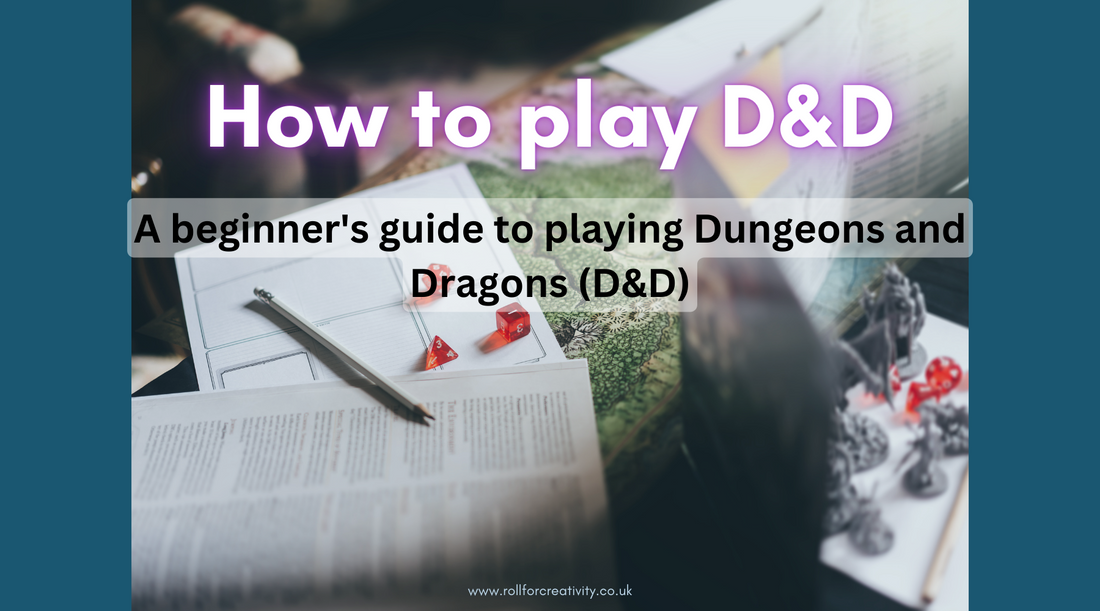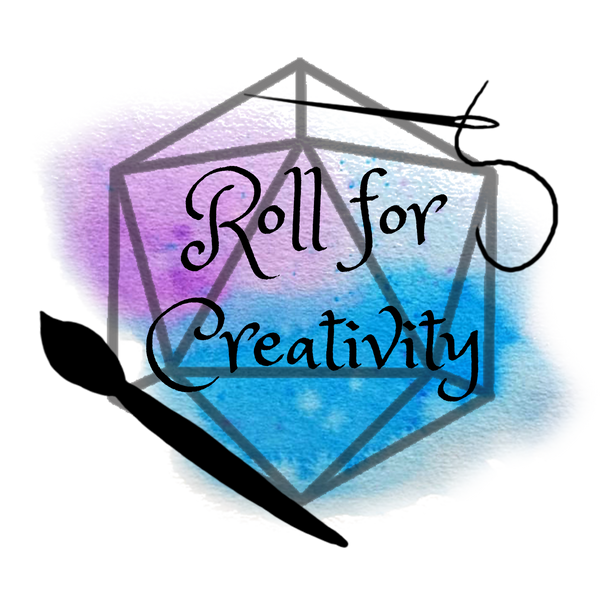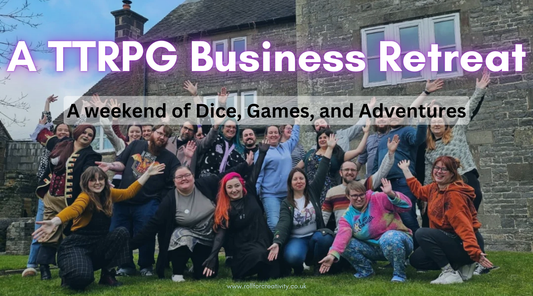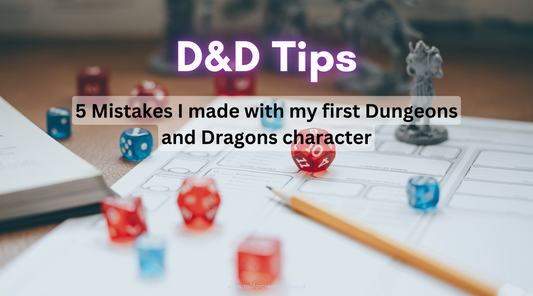
How to play Dungeons and Dragons: A beginner's guide.
Dungeons and Dragons, or D&D for short, is a tabletop role-playing game that has been popular since it was first published in 1974. It's a game where players take on the roles of characters in a fantasy world and work together to overcome challenges and complete quests. With the new Dungeons and Dragons movie being released this week, I imagine a lot of people will be wanting to give the game a go!
If you're interested in getting started with Dungeons and Dragons, here's a beginner's guide to help you get started.
1. Find a Group
The first step in getting started with Dungeons and Dragons is to find a group of people to play with. This can be done in a variety of ways, including:
- Asking friends or family members if they're interested in playing
- Posting on social media to see if anyone in your network is interested
- Looking for local gaming groups or clubs in your area
- Joining an online group or forum for Dungeons and Dragons players
Once you've found a group, it's important to communicate with them to discuss logistics such as when and where you'll meet, how often you'll play, and what materials you'll need.
At the end of the day - it's the group that makes the game as fun as it is. Make sure you get along with who you're playing with, and don't be afraid to switch groups until you find one you mesh well with.
Alternatively, you can try playing D&D on your own.
2. Choose a Character
In Dungeons and Dragons, each player creates a character to play as. This character can be a variety of races and classes, each one with its own unique abilities and strengths. When creating a character, you'll need to consider things like their backstory, personality, and motivations.
The player's handbook contains all the rules and information you need to create a character, including different races, classes, and abilities. It's important to work with your group to ensure that each character is balanced and complements the others.
If you're stuck for a character idea, think about film, book or tv characters you might want to base your character on. This can give you a good starting point, but don't be afraid to deviate from the "official character" and play what sounds fun to you.
There is no right or wrong when it comes to your character, just have fun.
3. Learn the Rules
Dungeons and Dragons is a complex game with a lot of rules, so it's important to take the time to learn them. The player's handbook is the best resource for learning the rules, but there are also many online resources available.
When learning the rules, it's important to focus on the basics first. This includes things like combat, skill checks, and character progression. As you become more comfortable with the game, you can start to explore more advanced rules and mechanics.
The Dungeon Master, or DM, is responsible for knowing the rules, so don't be afraid to ask questions if you're unsure.
4. Create a Story
The heart of Dungeons and Dragons is the story. The Dungeon Master, or DM, is responsible for creating the story and guiding the players through it. The story can be anything from a simple dungeon crawl to an epic quest to save the world.
When creating a story, it's important to consider the characters and their motivations. The story should be engaging and challenging but also allow for character growth and development.
If you're not wanting to make your own story there are many premade adventures and modules available, both official and fanmade.
5. Get the Materials
To play Dungeons and Dragons, you'll need a few materials, including:
- Player's handbook: This contains all the rules and information you need to create a character and play the game.
- Dice: Dungeons and Dragons uses a variety of dice, including a 20-sided die, 12-sided die, 10-sided die, 8-sided die, 6-sided die and 4-sided die. These are also known as D20, D12 etc. These are available to buy online or from gaming stores, or there are virtual versions available online.
- Character sheet: This is where you'll record all of your character's information, including their abilities, stats, and equipment.
- Game board: While not strictly necessary, a game board can be helpful for visualizing combat and movement.
6. Play the Game
Once you have a group, characters, story, and materials, it's time to start playing! The DM will guide the players through the story, describing the environment, characters, and challenges. Players will roll dice to determine the success or failure of their actions and work together to overcome obstacles.
The most important thing to remember when playing Dungeons and Dragons is to have fun! It's a game that allows for creativity, imagination, and collaboration, so don't be afraid to get creative and try new things.
In conclusion, Dungeons and Dragons is a fun and engaging game that's perfect for anyone who loves fantasy, storytelling, and collaboration.



